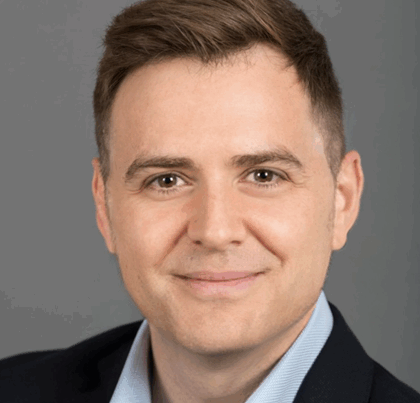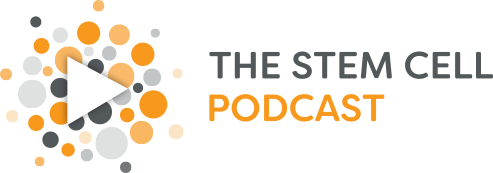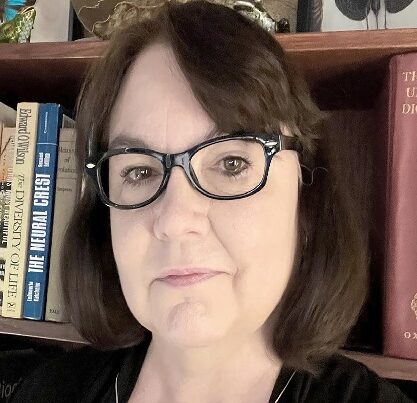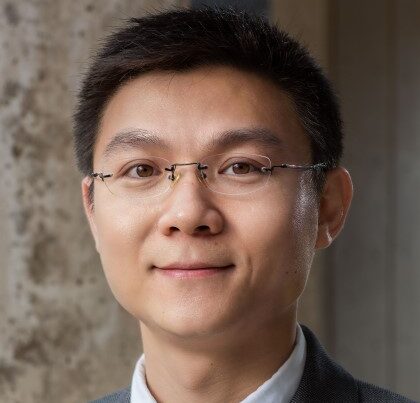
Ep. 307: “Vascular Biology” Featuring Dr. Juan Melero-Martin
October 28, 2025
Ep. 307: “Vascular Biology” Featuring Dr. Juan Melero-Martin
Dr. Juan Melero-Martin is an Associate Professor and the Endowed Chair in Cardiac Surgery at Boston Children's Hospital. His lab uses bioengineering principles to understand how vascular networks are formed…













